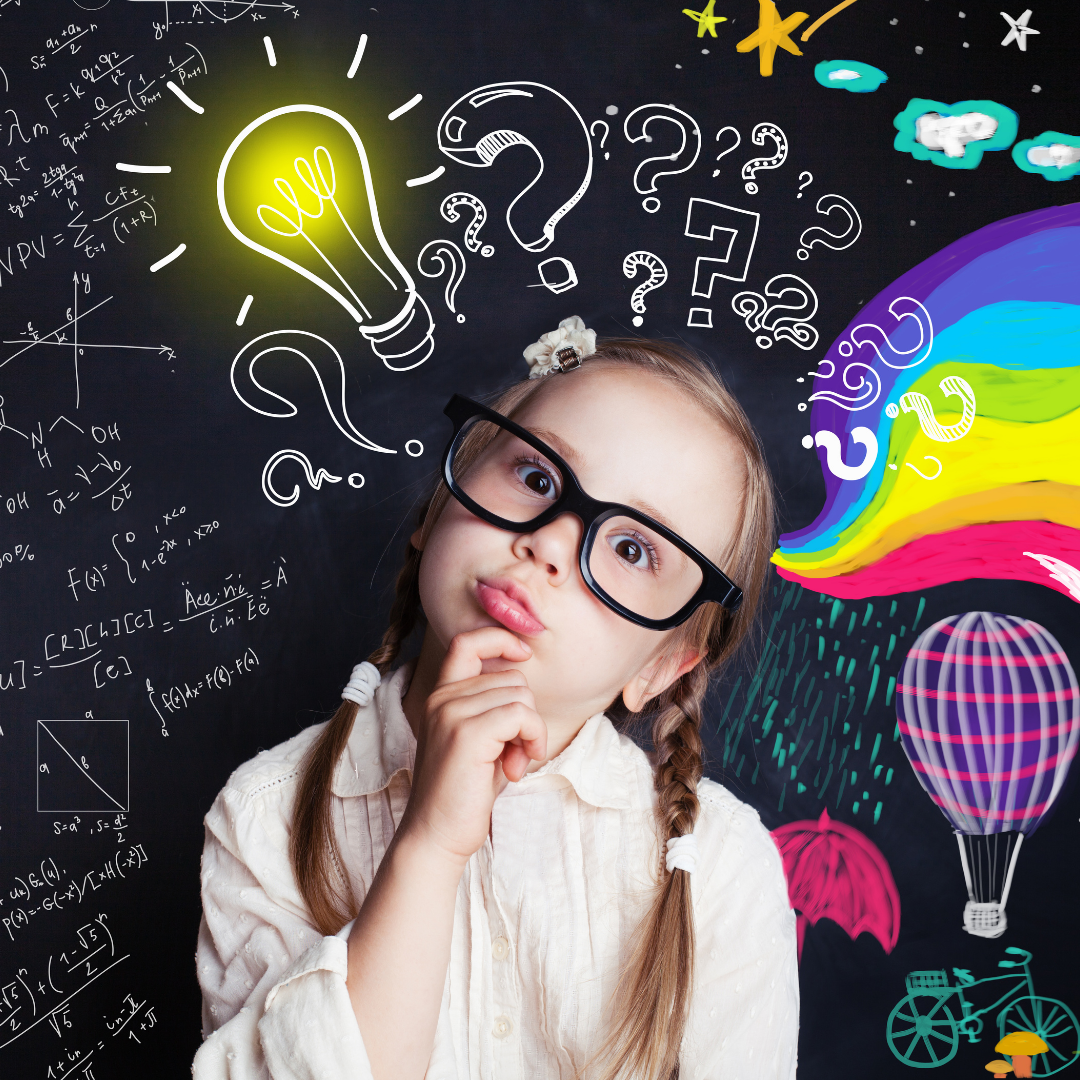
School Readiness
School readiness is a measure of how prepared a child is to succeed in school; cognitively, socially, and emotionally. Starting school can be a really daunting time for children and their families. The main concerns parents fear for their children are making friends, bullying, and settling into a routine. To lessen these inevitable causes of concern for both parents and their children, it’s important to ensure they are fully ready before they take this next big step in education.
It’s important that children are not only able to count, write their name and recognise some words, but also that they are emotionally and physically ready to conform to the expectations that will be placed upon them in school.
The good level of development (GLD) is used to assess school readiness. Children are characterised as having reached a GLD at the end of the Early Years Foundation Stage if they achieved at least the expected level in the early learning goals in the prime areas of learning (personal, social, and emotional development, physical development and communication and language) and in the specific areas of mathematics and literacy.
| Area of Learning | Early Learning Goal |
| Communication and Language | Listening and attention; Understanding; Speaking |
| Physical Development | Moving and Handling; Health and self-care |
| Personal, social, and emotional development | Self-confidence and self-awareness; Managing feelings and behavior; Making relationships |
| Literacy | Reading; Writing |
| Mathematics | Numbers; Shape, space, and measures |
| Understanding the world | People and communities; The world; Technology |
| Expressive arts, designing and making | Exploring and using media and materials; Being imaginative |
What school ready children look like:
- Recognise numbers and quantities in the everyday environment
- Participate in music activities such as singing
- Have good oral health
- Are able to take turns, sit, listen and play
- Are able to communicate their needs and have a good vocabulary
- Are able to socialise with peers and form friendships
- Are independent in eating; can use a knife and fork
- Develop motor control and balance for a range of physical activities
- Are independent in getting dressed and going to the toilet
- Have received all childhood immunisations
- Are well-nourished and within normal weight for height


Submit your comment